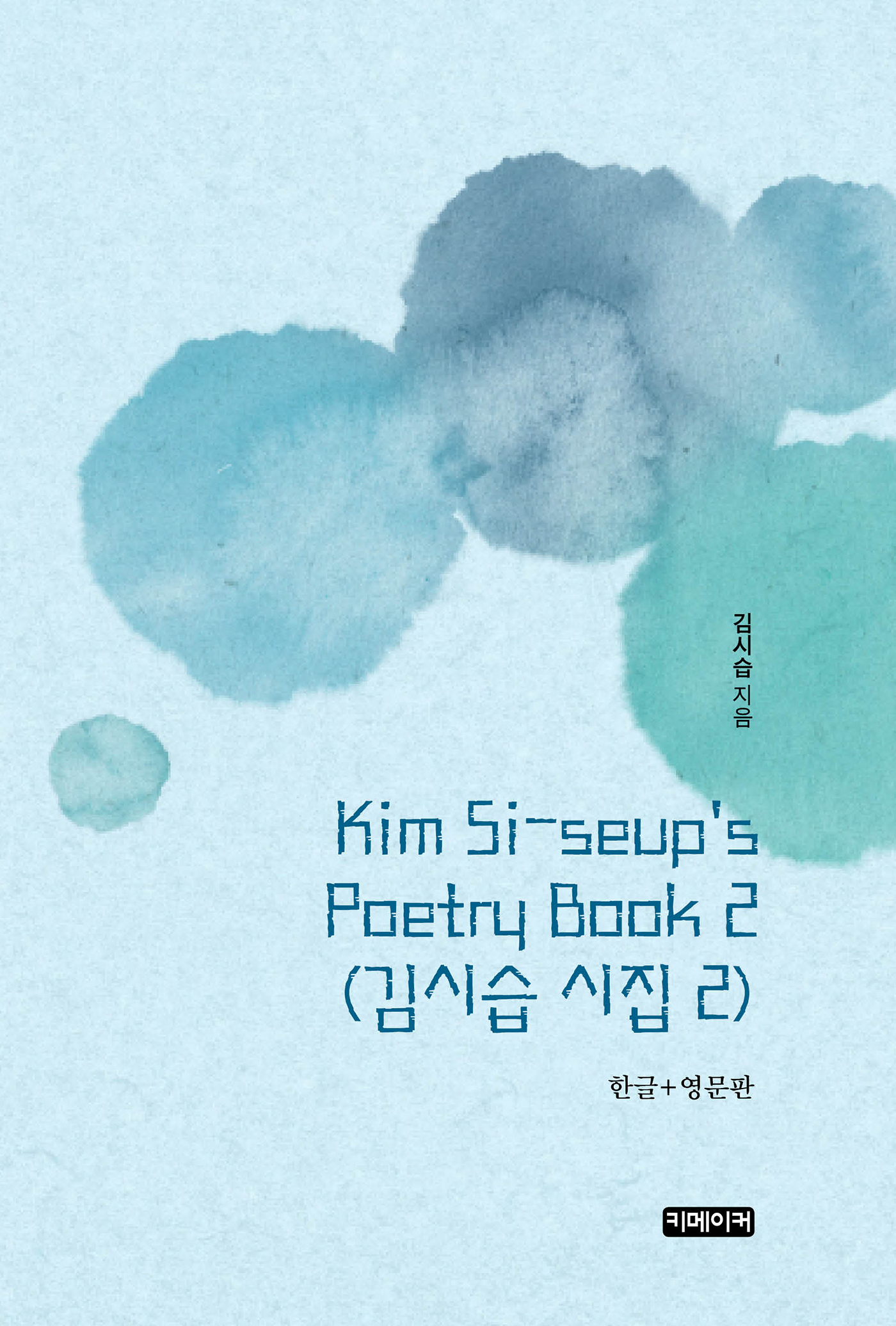도서소개
저자소개
목차소개
무주(無酒)
Muju (無酒)
문작(聞鵲)
Munjak (聞鵲)
백년(?年)
Baeknyeon (?年)
별추강(別秋江)
Byeolchugang (別秋江)
병중언지(病中?志)
Byeongjungunji (病中?志)
봉미사(鳳尾寺)
Bongmi Temple (鳳尾寺)
분죽(盆?)
Bunjuk (盆?)
불각(不覺)
Bulgak (不覺)
불출(不出)
Bulchul (不出)
사청사우(乍晴乍雨)
Sacheongsau (乍晴乍雨)
산여
San-yeo
산정(山亭)
San-jeong (山亭)
산중죽(山中?)
Sanjungjuk (山中?)
상사가정(上四佳亭)
Sangsagajeong (上四佳亭)
서회(書懷)
Seohoe (書懷)
소부생겸경잠적(笑浮生兼慶岑寂)
Sobusaeng gyeomgyeong jamjeok (笑浮生兼慶岑寂)
송도(松濤)
Songdo (松濤)
송락(松絡)
Songnak (松絡)
송성(松聲)
Songseong (松聲)
송정(松亭)
Songjeong (松亭)
수산정(修山亭)
Susanjeong (修山亭)
숙보선사(宿寶禪寺)
Sukboseonsa (宿寶禪寺)
숙봉정(宿峯頂)
Sukbongjeong (宿峯頂)
술고(述古)
Sulgo (述古)
시구
Shigu
식죽(食粥)
Sikjuk (食粥)





